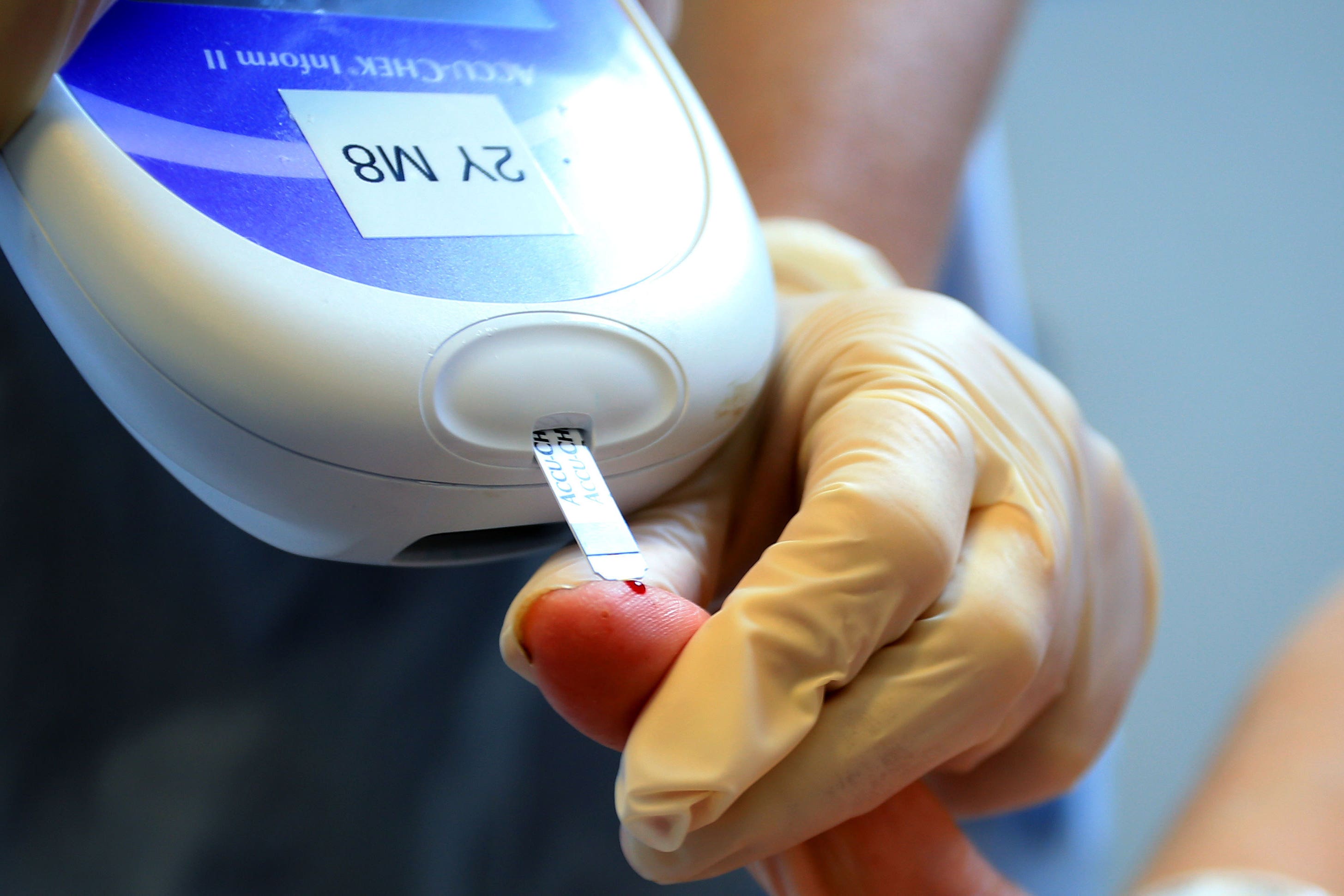Divorced and male diabetics ‘at higher risk of limb amputation’
Findings of the observational study will be presented at the annual meeting of the European Association for the Study of Diabetes in October

Divorced people and men could be more at risk of having limbs amputated due to complications of diabetes than those who are obese, researchers have suggested.
A study by Swedish doctors looked at the demographic, socioeconomic, medical and lifestyle risk factors associated with lower limb amputation among diabetics.
The team analysed data from the national diabetes register in Sweden, looking at people over the age of 18 who had been diagnosed with diabetes from 2007 to 2016.
The 66,569-strong cohort was followed from diagnosis to amputation, emigration, death, or the end of the study in 2017. Some 133 had an amputation during the median follow-up of four years.
By pinpointing which people with diabetes are most at risk, support can be targeted where it’s most needed
The majority (98%) of patients involved in the study had type-2 diabetes.
Researchers used computer modelling to identify the risk factors associated with lower limb amputation.
They found being divorced carried a 67% high risk of amputation compared to being married, while males had a 57% higher risk than females.
However, obese people had less than half the risk (46%) compared to people with a “normal” weight.
They said divorcees could be higher risk due to “change in self-care and food habits observed in people when they divorce and are more likely to be living alone”.
“Specifically with men, this is often related to more social isolation with a secondary effect of low physical activity,” they added.
“Lifestyle variables have a strong association with lower limb amputation, and an increase in physical activity, avoidance of being underweight and smoking cessation may be impactful interventions to reduce the risk.
“Early lower limb complications after a diabetes diagnosis or complications present at diagnosis are warning signs, and these patients should be given extra attention.”
Due to the observational nature of the study, authors said they “can not be sure about why there is a lower risk” of amputation in obese people, and findings could be down to “chance” or the fact heavier people have better wound healing than those with a lower body mass.
Elsewhere, each passing year carried an 8% increased risk of amputation in patients.
The researchers’ peer reviewed abstract will be presented at the annual meeting of the European Association for the Study of Diabetes (EASD) in Hamburg, which is taking place from October 2-6.
Dr Faye Riley, research communications manager at Diabetes UK, said: “Diabetes is serious and is the cause of more than 180 amputations a week in the UK. However, with the right care many of these are preventable.
“This study identifies a range of factors that may be linked with a higher risk of amputation among people with diabetes, and raises interesting questions about how social support can influence our health behaviours and outcomes.
“By pinpointing which people with diabetes are most at risk, support can be targeted where it’s most needed. However, more work is needed to understand if and how the findings could be used to help prevent serious foot problems.”
Bookmark popover
Removed from bookmarks